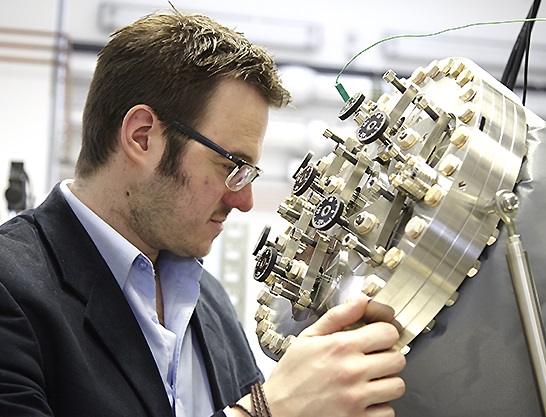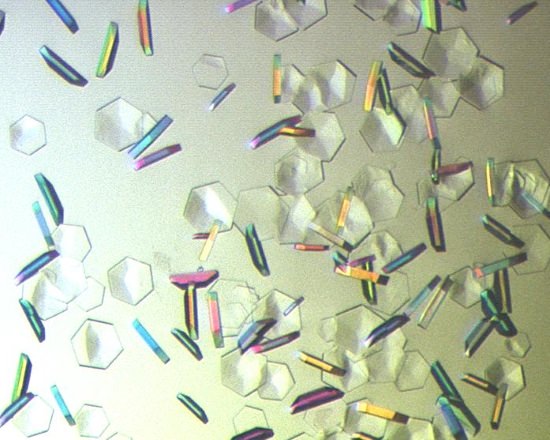Links to external sources may no longer work as intended. The content may not represent the latest thinking in this area or the Society’s current position on the topic.
Paul Instrument Fund
This scheme is for scientists in the UK who want to design and construct a novel instrument to measure phenomena in the physical sciences.
This scheme is closed to applications.
Applications should contain genuinely new ideas, techniques or highly novel applications of existing ideas and techniques. The instrument should, as far as possible, be a stand-alone device and might be an outcome of a previous extensive research programme. The scheme aims to support innovative development, rather than pure research.
Research must be within the Royal Society’s remit of natural sciences, which includes but is not limited to biological research, chemistry, engineering, mathematics and physics. For a full list, please see the breakdown of subject groups and areas supported by the Royal Society.
Am I eligible to apply?
To be eligible to apply, you must:
- hold a PhD
- be either a UK citizen or be resident in the UK
- have sufficient tenure in your post to cover the duration of the award
Before applying, please ensure that you meet all the eligibility requirements, which are explained in the scheme notes.
What is the scheme’s value and tenure?
The scheme provides up to £75,000 for between one and three years.
What is the application process?
Applications should be submitted through the Society’s grant management system Flexi-Grant®.
Your application will go through the process detailed on the Making a grant application page overseen by the Paul Instrument Fund panel, which includes representatives of the Royal Society, the Institute of Physics and the Institution of Engineering and Technology.
After an initial review, an assessor is assigned to visit the short-listed applicants to discuss the application and make a recommendation to the panel. The panel then meets to discuss the recommendations of the assessor.
We are committed to supporting applicants with disabilities. If you require a reasonable adjustment during the application process, please contact the team collaborationawards@royalsociety.org to let us know.
For more information regarding the scheme, please contact the Grants Team on innovationgrants@royalsociety.org or call us on +44 20 7451 2666.



